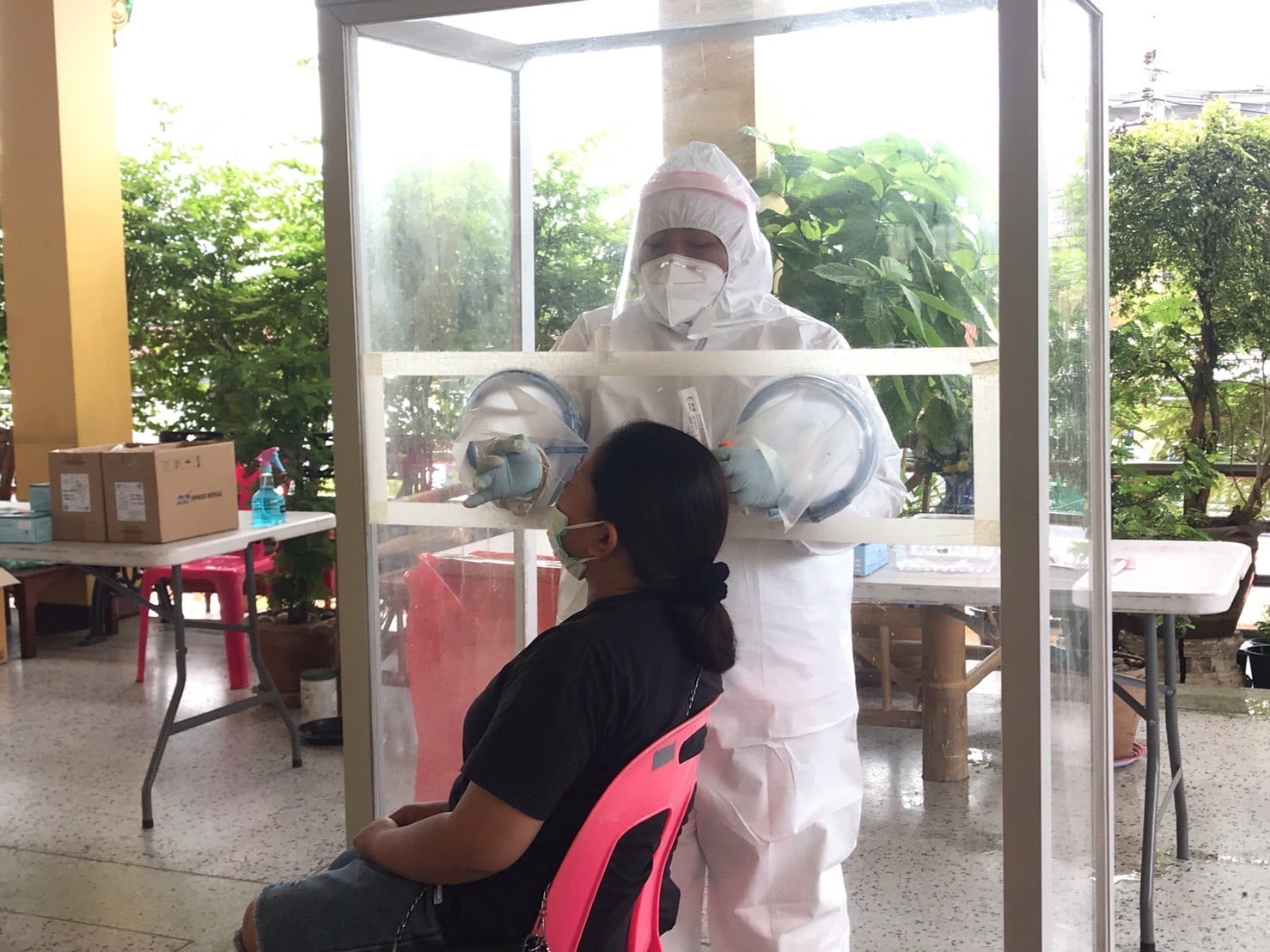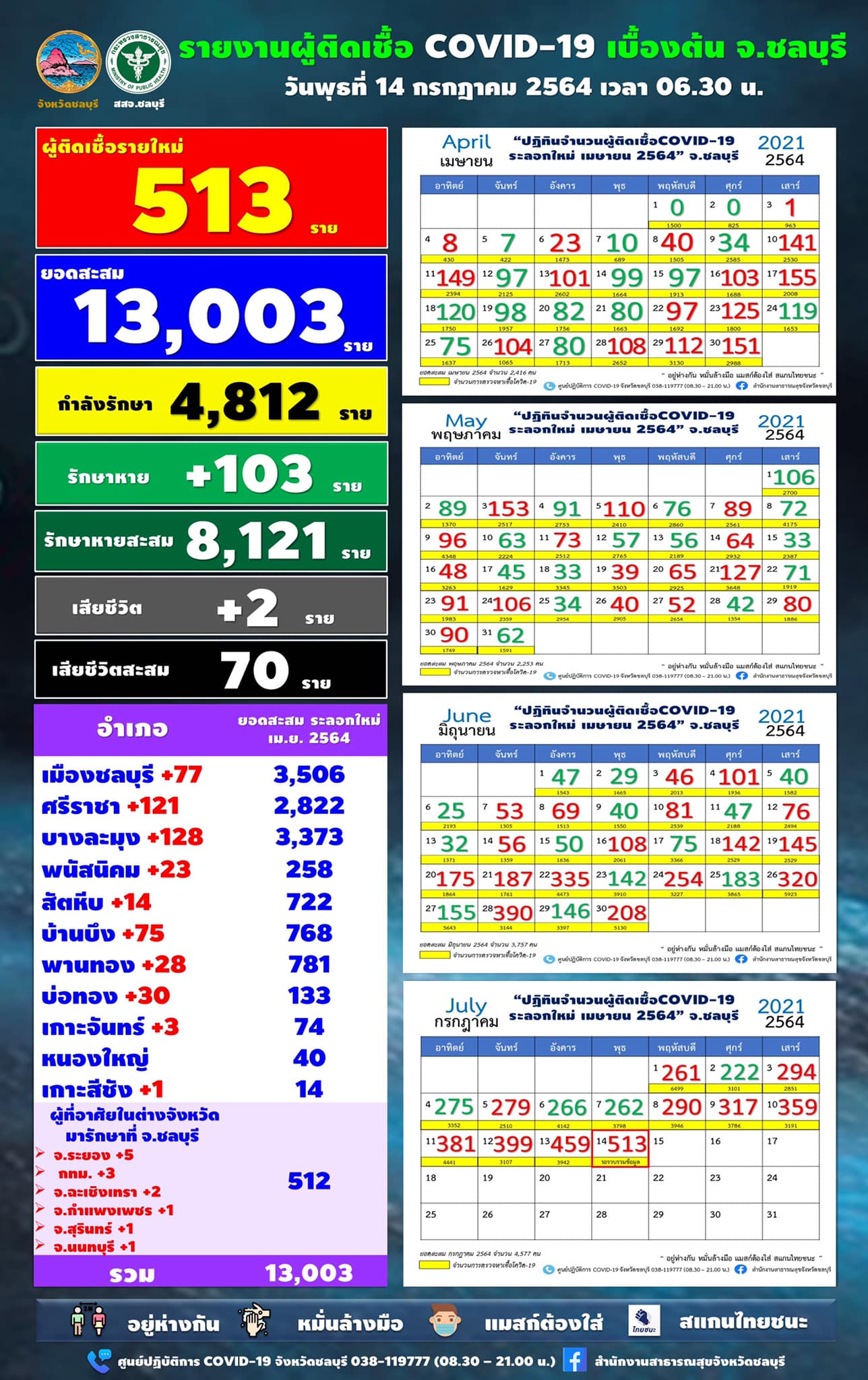Prayut backtracks on mix-and-match vaccine strategy, gives it go-ahead
Prime Minister Prayut Chan-o-cha changed his stance on Wednesday and told the Public Health Ministry to kick off its mix-and-match vaccine strategy to combat the fast-spreading Delta variant.

Government spokesman Anucha Burapachaisri Prayut also aimed to accelerate the procurement and distribution of vaccines among citizens. The premier has also ordered the collection of data related to the jabs, especially in relation to the elderly and people with chronic conditions.
"The government will look for the best way to tackle the spread of the Delta variant and will also boost public awareness," Anucha said.
He added that Prayut had never sought to suspend the mix-and-match vaccine strategy.
"The prime minister has asked all parties to listen to the National Communicable Disease Committee's comments on the new strategy," Anucha added.
At the weekly Cabinet meeting on Tuesday, Prayut had instructed the Public Health Ministry to review its mix-and-match vaccine strategy in line with the World Health Organisation (WHO)'s recent statement.
WHO's chief scientist Soumya Swaminathan had called this mixing of vaccines a "dangerous trend".
"We are in a bit of a data-free, evidence-free zone as far as mix-and-match is concerned," she said.
Meanwhile, Public Health Minister Anutin Charnvirakul pointed out that the National Communicable Disease Committee, which approved the mix-and-match, comprised doctors from both the public and private sectors.
Some ministers also said the government should take responsibility if people die from this mix-and-match strategy.
The Public Health Ministry had on Monday decided to change its strategy of providing two doses of Sinovac to making the second jab that of AstraZeneca.

